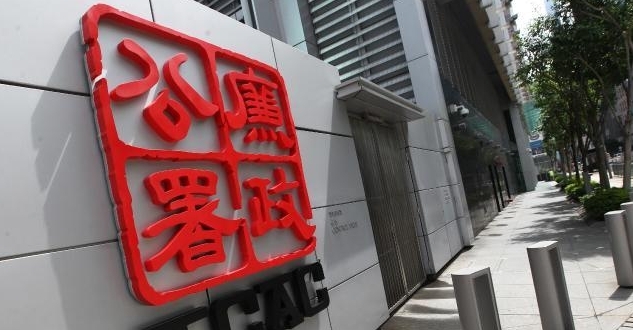Once touted as a pillar of Hong Kong’s excellent governance, the integrity of the city’s civil service is once again in the limelight for the wrong reason. Mrs Betty Fung, Permanent Secretary for Home Affairs, becomes the latest in a line of senior Hong Kong government officials subject to ICAC investigation.
Her husband, Mr. Wilson Fung, was also a senior bureaucrat in charge of aviation affairs before he left the government. The counter-party to the now-infamous “cash-plus-flats swap deal” Ms. Cheyenne Chan, sister-in-law of Macau magnate Dr. Stanley Ho, also happens to be a successful businesswoman very well-established in the aviation sector.

Although both Mr and Mrs Fung said that the Permanent Secretary was previously ignorant of the ownership of the company she dealt with, this triangle of relationships does leave a lot of significant questions unanswered.
And this case highlights exactly why corruption is such an unholy beast, not only because the true victims are often unaware of their status, but also because it is by nature a secret crime where the most heinous motives underlie seemingly harmless acts. This unique combination makes corruption notoriously difficult to investigate and prosecute. At the end of the day, when all the facts have been uncovered, it may be that all those involved in this rare swap deal had perfectly legit reasons.
But until then, the public has every reason to continue to be skeptical. The longer it takes for the facts to surface and possibly clear the names of those involved, the wider the flames of suspicion will spread across and up the chain of command. And if the people are unsure of the integrity of those wielding vast statutory powers, the government is essentially crippled.
The forefathers of the ICAC surely understood the reach of the problem, hence they made prevention of bribery a cornerstone in our eternal war against corruption. And in the public sector, transparency in declarations of interests and stringent vetting processes continue to be powerful preventive tools designed to protect government officials from being targets of temptation. But this can only work if such systems are set up properly and given the strictest due diligence by the approving authorities.

The fact remains that our anti-corruption tools – both laws and crime prevention tools – were laid down years ago. The circumstances surrounding Mrs Betty Fung sparked a debate on whether the government is doing enough or taking corruption prevention sufficiently seriously.
The criminal world, driven by its hunger for money, will never cease to evolve in its methods. Could a “cash-plus-flats swap” be one of the more ingenious and latest inventions to conceal bribery? Are our anti-corruption tools catching up with the latest trends, or are our city’s graft busters fighting tanks and rockets using rocks and sticks? These are the questions that our city’s leaders and legislators must address if they are to put the public mind at rest.
If it were up to me, I would propose that all senior government officials must in all major and significant transactions that they are parties to, fully declare the ownership of all counter-parties to such transactions. This makes it that much more difficult for would-be criminals to hide behind the complex corporate veils commonly used to mask under-table dealings. New laws must also be proposed if there exists any ambiguity to the criminality of vastly under-market-value deals.
But having said that, a vigilant populace remains the most powerful weapon against corruption. This includes a free press, diligent legislators and an informed public. So let this be a warning shot against those who would seek to corrupt our city’s officials.
The baton to safeguard our city has been passed down the generations. We refuse to drop it now.
Lam Cheuk-ting is a Former ICAC Investigator and Chief Executive of the Democratic Party.
